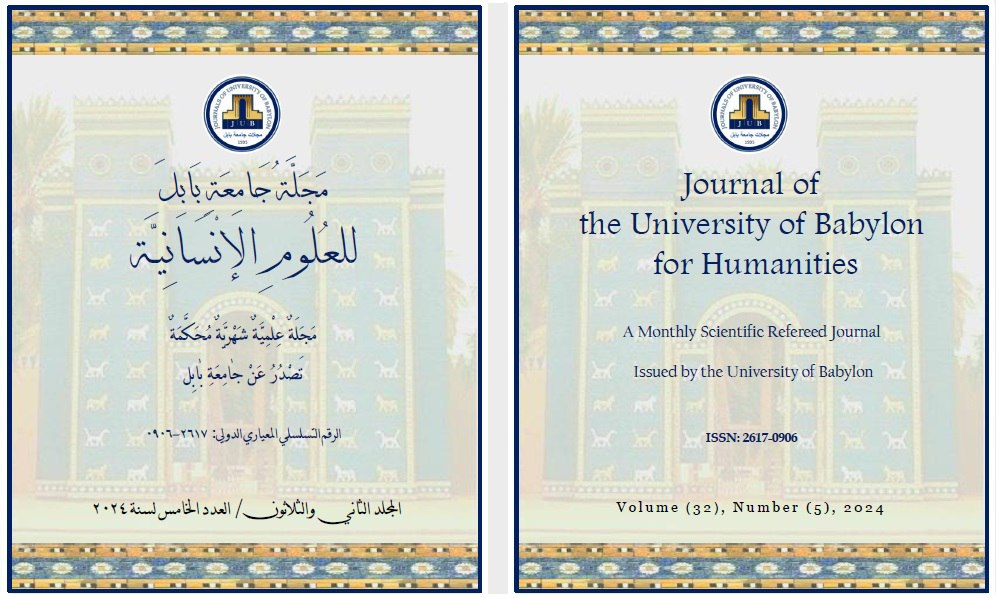The Effects of Money Laundering on a Society’s Economic and Social Interests and the Ways to Confront It Through Islamic Economics and International Treaties
Main Article Content
Abstract
Money laundering is the process of converting dirty money from illicit sources into clean money that can be used in public activities, and then reinvesting its profits in legitimate activities. It is one of the main economic challenges faced by societies because it disrupts the balance and stability necessary for social development and progress. It has negative effects on the general interest of the state from an economic standpoint, such as a decrease in economic growth and financial investments, and a decrease in the value of local currencies against foreign currencies. It also harms the public interest of the state politically, as it threatens political stability and promotes political corruption through the use of money laundering and it’s spread in the governmental sector of states. This has significant negative impacts on the well-being of society, especially in developing countries. Its effects are harmful and dangerous to all countries, and therefore many countries are trying to fight it in various ways and means through the Islamic economy, through the application of the provisions of Islamic Sharia, and through international treaties in order to preserve the public interest of the state.
Article Details

This work is licensed under a Creative Commons Attribution 4.0 International License.

